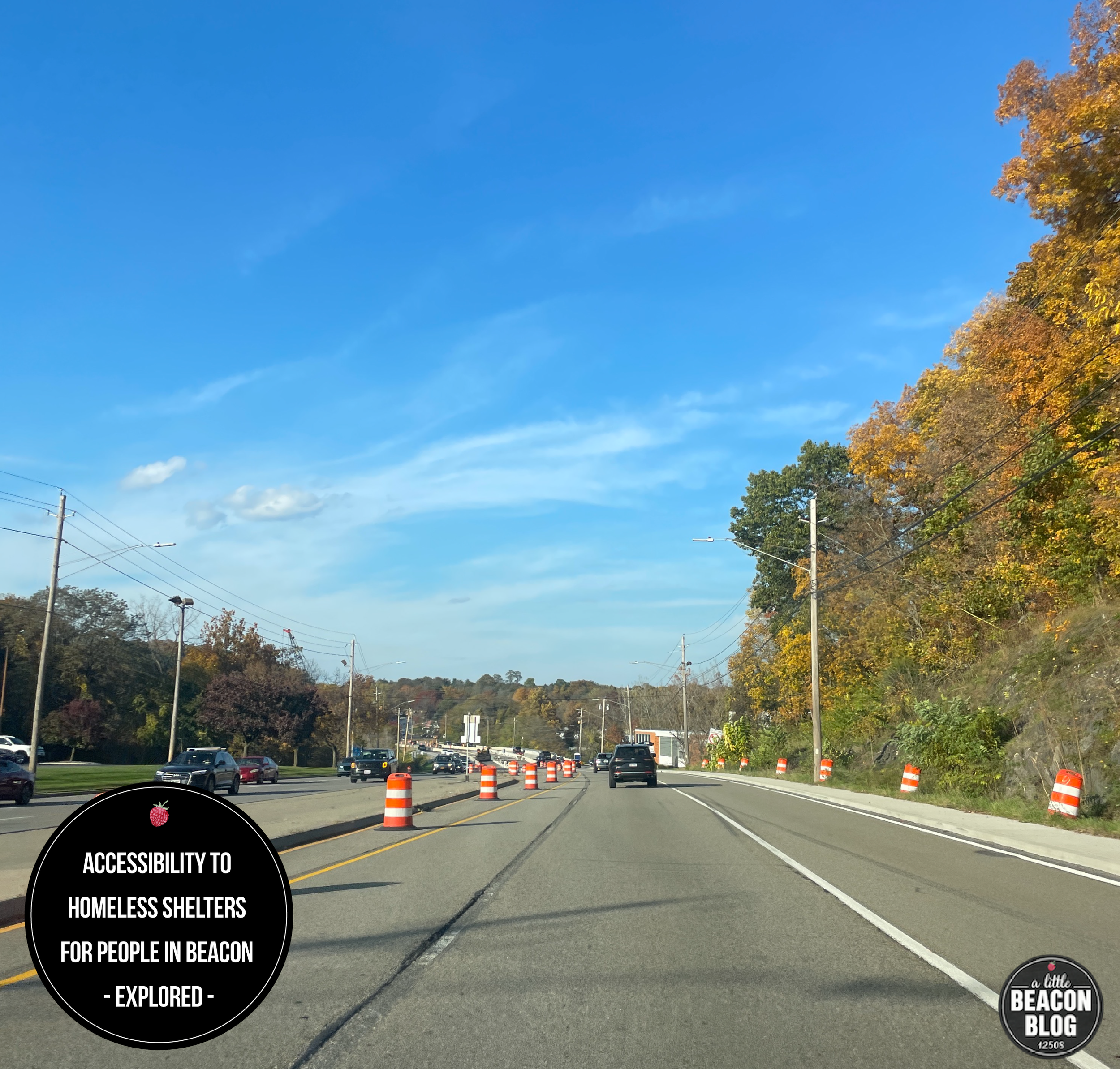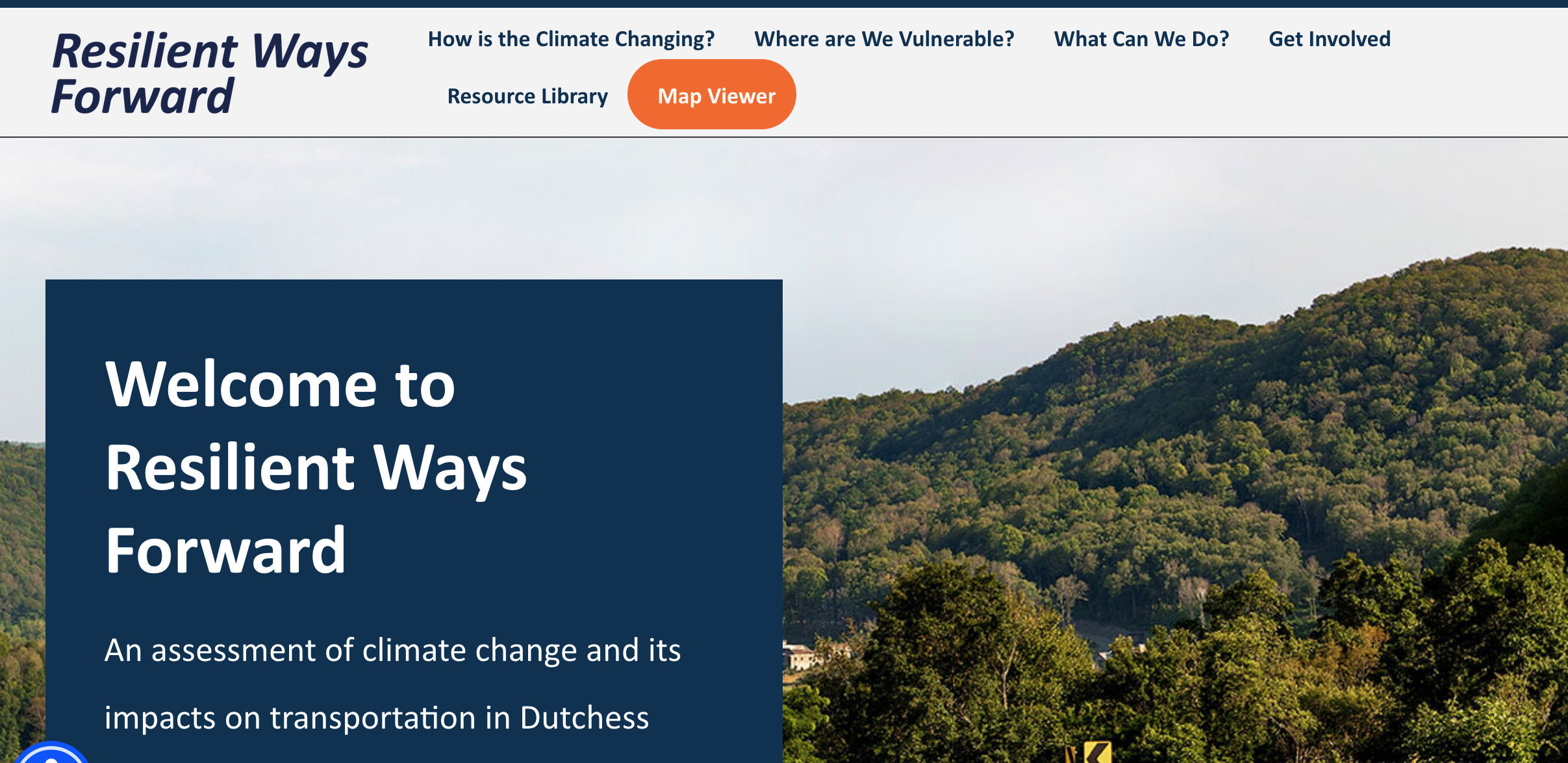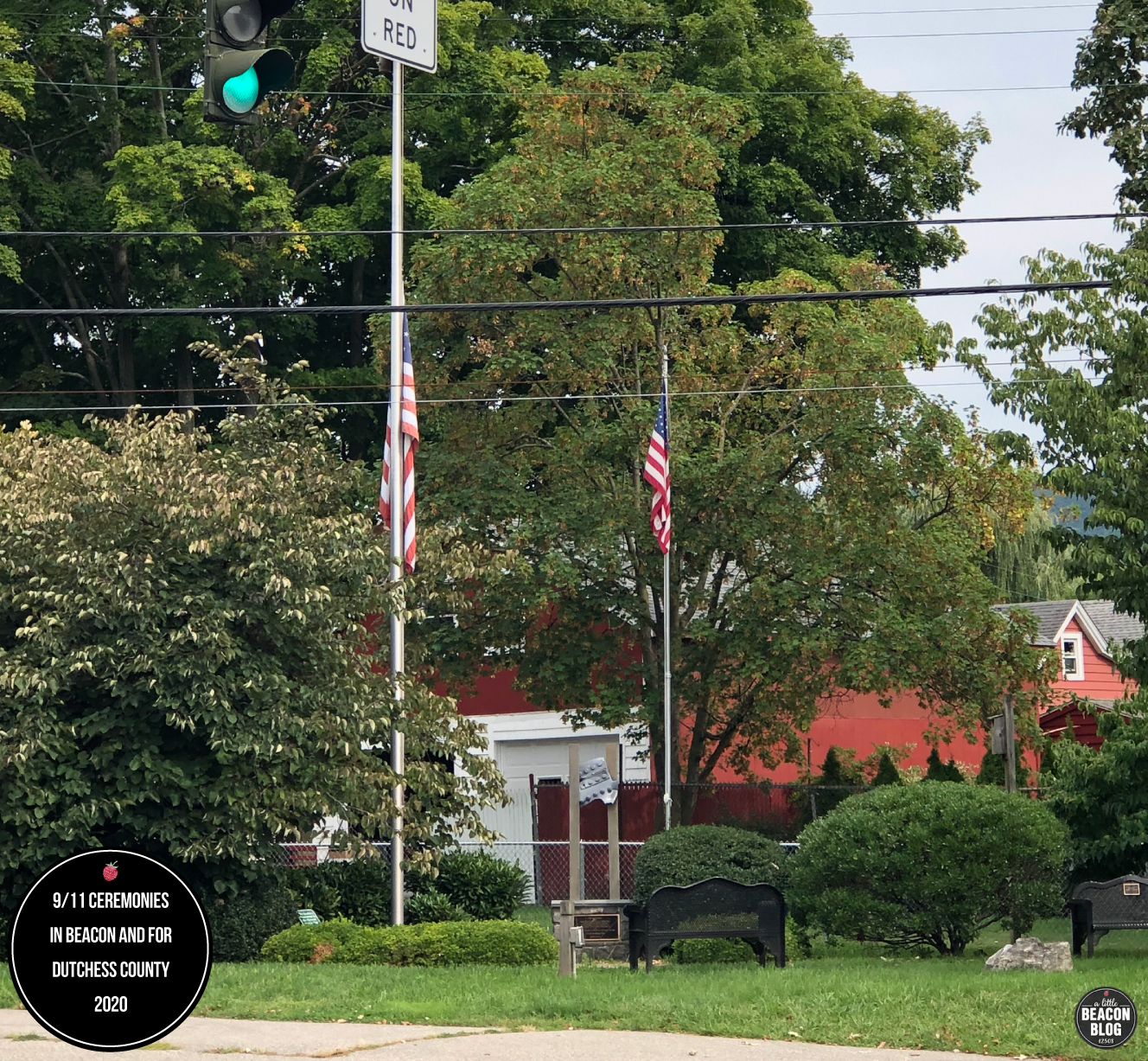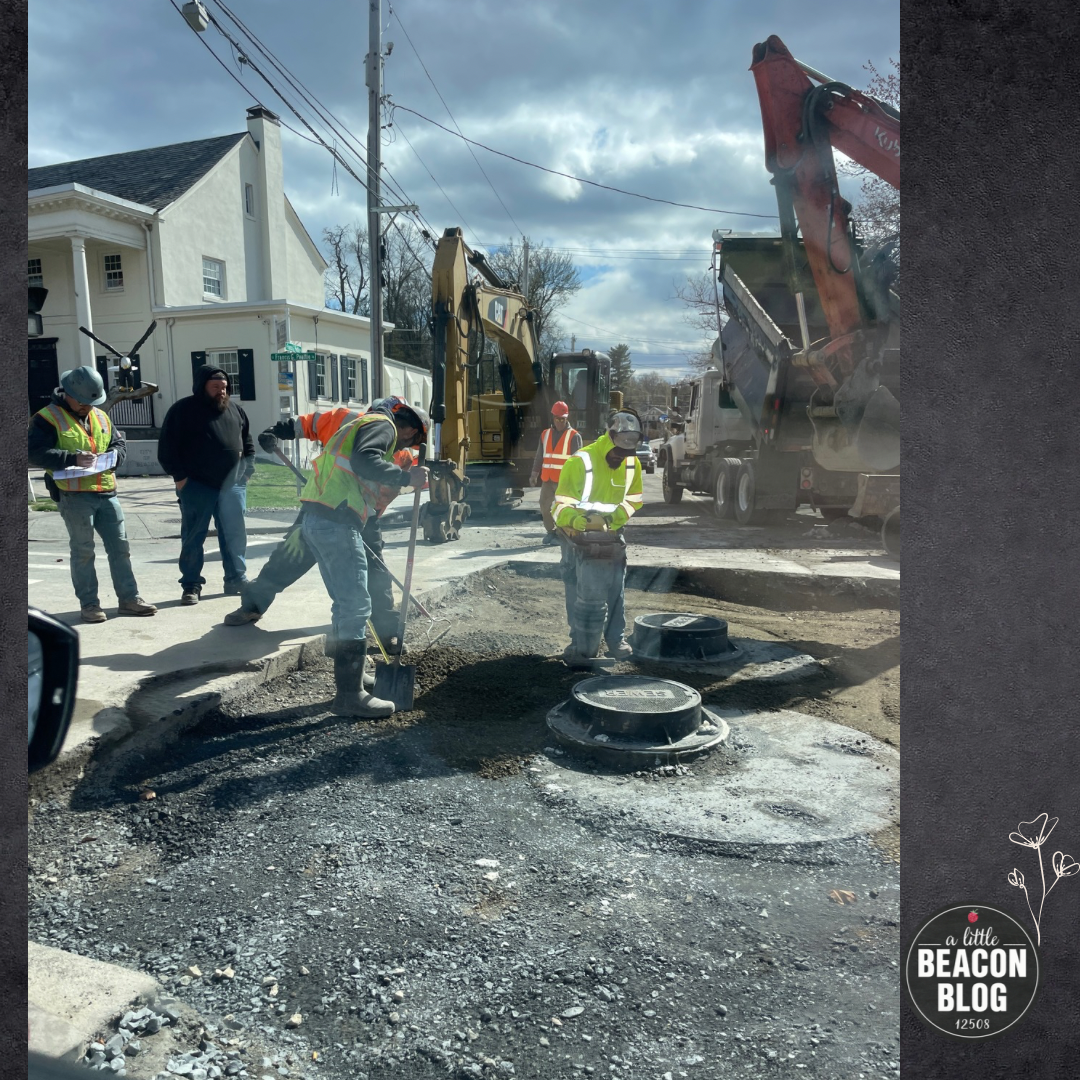Most people agree that there is a homelessness crisis, very few people want the solution to be in their backyard.
The fact of the matter is that anyone could find themselves in an emergency situation like this. A dangerous amount of people are one paycheck away from being on the streets. When you find yourself in this situation, what do you do? How easy are these resources to access, really?
Dutchess County has a 24/7 Crisis Hotline listed as being available 24 hours a day, 7 days a week, 365 days a year—even on holidays. They offer calling or texting at 845-485-9700 with professional crisis counselors. Knowing how useful and important having the option to text a crisis hotline can be, I was eager to try it out for myself.
Calling Dutchess County’s Hotline
Editor’s Note: We wanted to experience Dutchess County’s Crisis Hotline ourselves, not through them giving a media publication information, as that would be done in a more perfect, optimistic way. We wanted the real experience. We asked Alexis to find out.
I reached out to them through their texting service to see how they might help someone in a crisis situation. I wanted to see about the quality of assistance they offer.
It took a moment, but after the initial text I sent, I was met with the standard chatbot letting me know about messaging rates, and telling me to reply with “Yes” to consent to continued texts. Not even a minute after the bot responses, a counselor was made available to help me, and joined the session.
Counselor: Hi. How can I help you?
Me: I’m going to be homeless tonight and I’m not sure where to go. I was hoping someone might be able to point me in the right direction?
Counselor: I am sorry to hear that. Are you in Dutchess County?
Me: Yes, in Beacon
Counselor: Do you have transportation?
Me: No, I might be able to take the bus though
Counselor: Ok. Have you ever been in any housing in this county before?
Me: No
Counselor: I mean applied for housing OR been to Hudson River Housing in POK?
Counselor: Ok
Me: No, I’m on my own for the first time
Counselor: How old are you if you don’t mind?
Me: 21
Counselor: Ok, so here are some numbers. You can also go to the stabilization center at 230 North Road, Poughkeepsie. They are open 24/7. It is NOT a hospital. They have licensed social workers and mental health counselors who can help you navigate housing. I STRONGLY recommend that you go there ASAP so they have the ability to make calls and help you.
Counselor: Hudson River Housing 845-473-5166
Counselor: Rose House 845-452-2728
Counselor: Alliance House 845-452-5015
Counselor: The PODS (emergency housing) is the same as Hudson river housing.
Counselor: Porchlight Program 845-337-4407
Counselor: Are you safe in this moment?
Me: Yeah I’m safe for now. Is there something I can do if I don’t have money for the bus?
Counselor: IF you have medicaid, you can possible get medicaid transportation
Counselor: Can anyone bring you to Poughkeepsie?
Me: I’m trying to ask around to see if someone can, but I’m not certain right now. How does the medicaid transportation work? Is there a number I can call?
Counselor: Ok I am going to give you the number to stabilization so you can arrange this with them. 845-486-2849. Call them now, so you can make sure you get all the information you need.
After providing me with all the information they could offer me, based on the questions I asked and the answers I gave them, the chat was closed, but only after I gave my okay for the counselor to end the session.
In the short duration of our chat, I learned about multiple places that would offer me assistance, and an alternate form of transportation. Ultimately, I was satisfied with the level of assistance. But considering I wasn’t actually in dire need of these services, and for the sake of this article, I couldn’t just stop there. I reached out via email to multiple companies and organizations all with the same goal of helping people in need find emergency shelter and housing.
Exploring Rose House
Rose House is another organization with a similar goal of assisting those who need housing in the Hudson Valley. They have multiple short term shelters across New York that are available to those in need 24/7, all year round. What’s unique about Rose House is that they are listed as being “peer-operated”, completely run by people who have been in similar situations and wish to give back. I had some trouble finding their website initially, but once I did, I learned that their shelters are available to any one 18 years of age or older living in Dutchess, Orange, Ulster, Putnam, Warren, and Washington Counties. There is a screening process for these facilities. Once you become a registered guest at the Rose House, they offer up to a 5 day stay, and assistance with developing skills to better care for and maintain one's mental wellness. The programs they offer are voluntary, and residents can come and go as they please.
Exploring Alliance House
Alliance House is a non-profit organization that was founded in 1987. They follow a “clubhouse model” and that makes anyone who uses their services members, not clients. “To have Membership in an organization means to belong, to fit in somewhere, and to have a place where you are always welcome. For a person living with the effects of mental illness, these simple things cannot be taken for granted. In fact, the reality for most people with mental illness is that they have a constant sense of not fitting in, of isolation, and rejection,” as said by Joel Corcoran, the executive director for Clubhouse International.
Alliance House owns two properties that are exclusively for members. In order to become a member you must be over 18, have a diagnosed mental illness, and not be a safety concern. Your diagnosis has to be an Axis 1 diagnosis, and you need a referral made by a medical professional in which a mental health evaluation and treatment plan must be included. This process of becoming a member is not the easiest by any means, especially considering the waiting period for something as basic as setting up an appointment with a medical professional today. Using this as a solution requires a lot of time.
Exploring Hudson River Housing
Hudson River Housing is a company that prides itself on its life and community improving services. To take a quote from their website, they “create pathways out of homelessness through empowerment, education, and advocacy.” In the economy we are living in today, organizations that are dedicated to preserving affordable housing and ultimately helping to build, and maintain strong communities are becoming more and more of a necessity.
Grassroot organizations are popping up all over with this mission in mind, but companies like Hudson River Housing have been around for a time. What started as a task force quickly evolved. In 1982, Hudson River Housing was officially founded.
Hudson River Housing offers overnight emergency shelter all year round at 150 North Hamilton Street in Poughkeepsie. There is a curfew of 6:30 pm. Additional emergency shelters can be found at Webster House for anyone 18 years of age or older. There is a screening process, and guests are expected to meet with a “care manager” to discuss reasons for homelessness and set up a plan for permanent housing. Their website also lists emergency housing for families as well as for runaways or otherwise homeless children and teenagers.
Project Porchlight is a drop in shelter that is listed on the Hudson River Housing website. What that means is, during their hours of operation between 8:30 am to 4:30 pm, Monday through Friday, anyone is welcome. You’ll receive a place to sleep, food, basic supplies, access to showers, and assistance from care managers.
Alexis Interviews Hudson River Housing
I was able to interview Javier Gomez, the Director of Community Development at Hudson River Housing. He was able to answer a lot of questions for me that I was unable to find the answers to on the HRH website, answers to questions that I feel to be important when discussing housing and the resources we have available.
Javier is a Hudson Valley native, and has been a resident of the Hudson Valley since 2002 where he grew up in both Beacon and Wappingers.
As the Director of Community Development, Javier has a wide range of responsibilities that he oversees. Some of those responsibilities include community engagement activities, neighborhood revitalization and community programs, advocacy, partnerships, and impact measurement.
On the topic of the housing crisis being a human rights issue, Javier said that HRH does believe housing to be a human right. It is the vision of HRH for all communities to have sufficient affordable housing for its residents. Everyone should have the opportunity to live in safe, affordable housing that meets their needs regardless of income, family makeup, race or ethnicity, gender, physical or mental health, or any other defining factors.
“To go a little bit further, I think that housing should be considered as infrastructure, meaning that communities should think of housing as a basic need that has to be adequately met in order to have a healthy and productive community,” Javier added.
Javier explained to me that Hudson River Housing is the largest non-profit developer of affordable housing in Dutchess County. They primarily work out of Poughkeepsie, but they do have some reach over in other parts of the Hudson Valley. Hudson River Housing develops and operates a variety of housing and services to meet the diverse housing needs of the people that call the Hudson Valley home. These services range from the aforementioned emergency overnight services to transitional, supportive, and permanent rental housing, as well as homes for first time homebuyers.
In addition to developing and operating affordable housing, HRH also provides other services for people experiencing homelessness or any other housing needs, such as life skills-based care management, job training, homebuyer education. HRH also offers specialized services and housing for youth, elders and veterans, specialized small business support, outreach and neighborhood revitalization programs, and landlord and renter assistance.
I asked Javier what the process of working with Hudson River Housing might look like for someone seeking affordable housing. He explained that people access their housing through a variety of ways. Hudson River Housing has community partners all over the Hudson Valley that provide referrals to people seeking housing, such as the Dutchess County Department of Community and Family Services and other social service offices.
For permanent rental housing, there are applications online and in-person, and people will become notified when a unit that meets their needs becomes available. I asked Javier how long it would take to be notified, and he went on to explain that it can be up to a month before you hear anything so HRH encourages people to apply before they find themselves in an emergency situation. They work their way through the wait-list and Javier assured me that nobody gets skipped.




















































